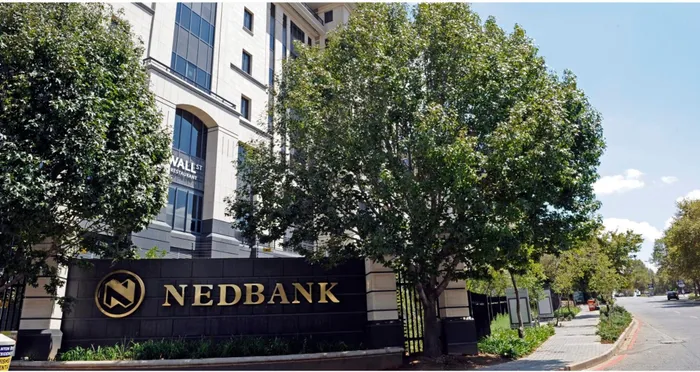Smaller companies lag in climate resilience plans: Nedbank survey

This was said by Nedbank Commercial Banking on Friday, which added that some companies were also not able to currently justify the cost of transitioning. Photo: SUPPLIED
Nicola Mawson
Smaller companies are lagging their JSE-listed peers when it comes to considering climate resilience or decarbonisation initiatives because of the impact of the sluggish South African economy on operations and income statements.
This was said by Nedbank Commercial Banking on Friday, which added that some companies were also not able to currently justify the cost of transitioning.
Based on recent a review of 100 companies in the unit’s client base, which included companies in industries such as mining, iron and steel, coal, real estate, and agriculture with annual turnovers of between R30 million and R2.5 billion, Nedbank found varying degrees of awareness of climate impact.
The Nedbank unit said larger companies and JSE-listed companies were more likely to have a robust understanding of how to transition as the world moves towards meeting the United Nations’ Sustainable Development Goal of Net Zero by 2050.
It said these entities also appreciated the resources that should be allocated to manage a shift in their operations to being carbon-friendly.
Mark Boshoff, head of climate resilience and sustainability strategy at Nedbank Commercial Banking, said listed clients could be more aware of the need to transition because of aspects such as JSE requirements, accounting standards, and environmental, social, and governance reporting obligations on listed companies.
However, with implementing sustainability initiatives comes reporting, which can also be costly.
In the middle of last year the JSE in its latest available sustainability and climate disclosure cost-benefit analysis report, found that adopting the bourse’s disclosure guides will vary from R2.3m to R10m in the first two years for companies at the beginning of this process.
What the JSE considers to be advanced reporters will spend a maximum of R800 000 in the first two years, the report stated.
“Medium to large clients in the fossil fuel and heavy manufacturing sectors are notably more advanced in managing their carbon footprint compared to other sectors such as agriculture, due to these industries requiring compliance and accurate reporting of carbon emissions,” Boshoff said.
He noted that identifying climate-related risks to business was a big step towards environment resilience, and assisted in determining where investment in transition and decarbonisation plans for business survival and continuity was crucial.
In 2022, the International Federation of Accountants noted that small and medium-sized enterprises contributed 60% to 70% to industrial emissions, as well as to other aspects of environmental degradation such as waste.
“However only a very limited number of clients have formal transition plans, while a larger percentage have committed to some form of positive climate action,” said Boshoff.
Despite South Africa’s lack of regulation to proactively drive private sector decarbonisation, Boshoff said companies will face increased pressure to decarbonise, and this will be mainly driven by Carbon Border Adjustments that Europe is implementing to restrict what it considers to be carbon-heavy imports, investors, suppliers, service providers, as well as pressure from clients.
“We expect this pressure to increase… Energy issues are currently the largest driver of positive climate action,” Boshoff said.
BUSINESS REPORT